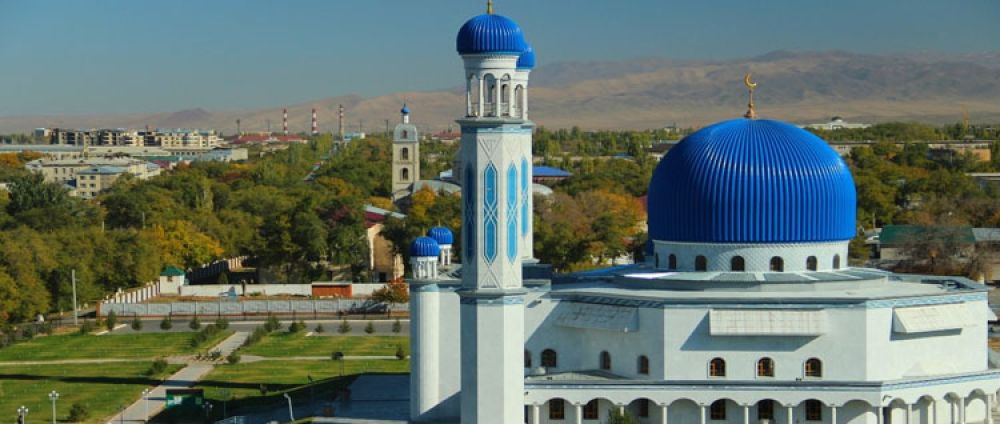

Taraz, one of the oldest cities in Kazakhstan and Central Asia, boasts a rich history that dates back over two millennia. This city, previously known as Talas and Tarband, has been a critical hub on the ancient Silk Road, facilitating trade, cultural exchanges, and the spread of religions between the East and West. The long-standing history of Taraz is embedded in every corner of the city, from ancient mausoleums to medieval mosques.
The foundation of tourism in Taraz is deeply rooted in its historical significance. As early as the 6th century, Taraz was recognized as a significant trading center and a nexus for cultural dialogues. Throughout the centuries, the city experienced the rise and fall of several civilizations and empires, including the Sassanian, Hunnic, Gokturk, and Karakhanid.
It was during the Karakhanid period that Taraz saw the development of significant architectural landmarks, some of which are still standing today and form the basis for Taraz's tourism appeal. These sites include the Aisha Bibi Mausoleum, an architectural masterpiece, and the Karakhan Mausoleum, which dates back to the 11th century.
In the 20th and 21st centuries, as Kazakhstan gained independence and opened up to the world, Taraz began to further develop its tourism sector. Efforts have been made to preserve the historical legacy of the city while promoting it to both domestic and international tourists. Modern amenities and infrastructures such as hotels, restaurants, and improved transportation networks have been established to cater to the needs of visitors.
The latest tourism trend in Taraz is the blend of historical exploration with eco-tourism and cultural immersion. Tourists are now inclined towards experiencing the local Kazakh culture through traditional cuisine, music, and art, alongside visiting historical sites.
Visitors to Taraz can explore a myriad of historical attractions, such as:
Beyond historical sites, Taraz also offers activities such as guided cultural tours, hiking in the nearby mountains, and the sampling of local cuisines that feature both nomadic and sedentary culinary traditions. The annual "Taraz – the City of Ancient Culture" festival showcases music, dance, and craftsmanship, further attracting cultural enthusiasts.
Looking to the future, Taraz aims to reinforce its position as a leading cultural and historical destination within Kazakhstan. Preservation efforts, promotional campaigns, and the development of sustainable tourism practices are all part of the strategy to ensure a responsible and enduring growth in tourism that can contribute to the city's economy while safeguarding its heritage.
With its intricate blend of history, culture, and nature, Taraz stands as a testament to Kazakhstan's past and a beacon for its tourism future.